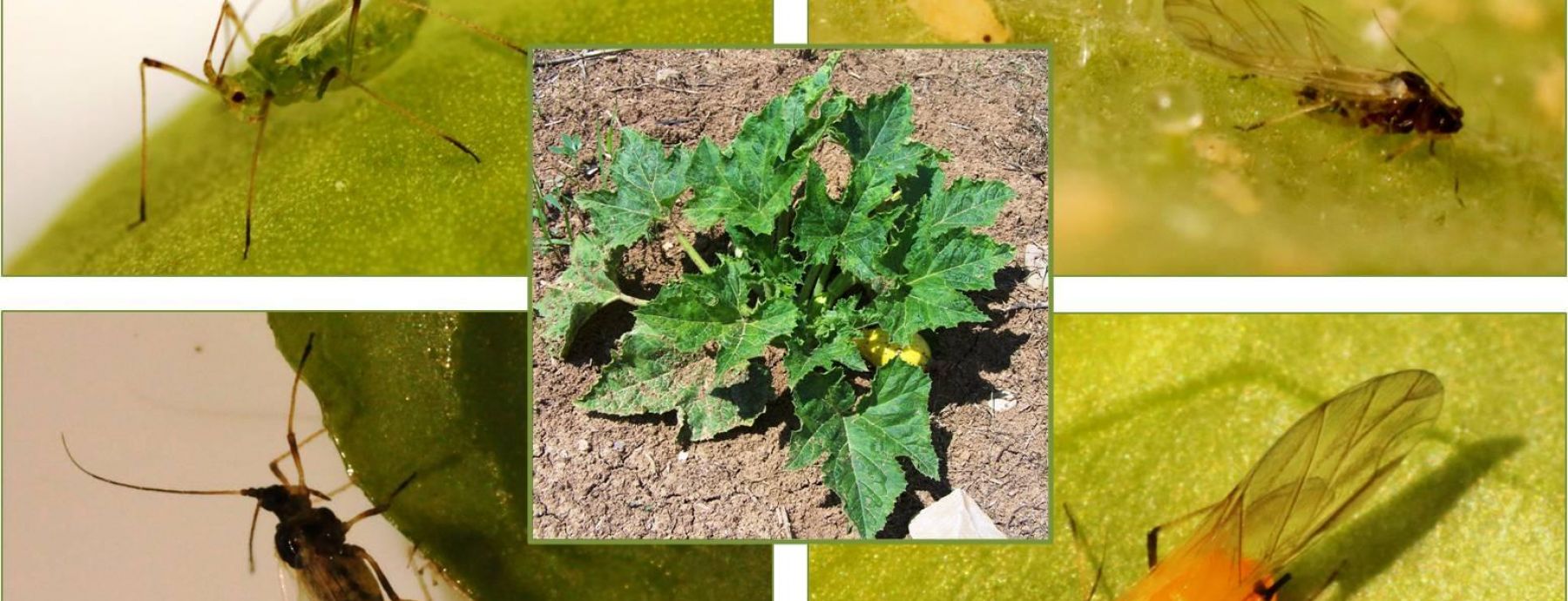The series of events required for successful transmission of a vector-borne pathogen from one host to another can influence how infection affects the host. Disease symptoms, as products of a co-evolutionary interaction between pathogen and host, should affect the response of the vector to the host in a way that increases the probability of transmission. Penn State Entomology researchers Kerry Mauck, Consuelo De Moraes, and Mark Mescher and colleagues from the University of Idaho performed a survey and synthesis of published literature examining many aspects of plant virus-host-vector interactions to evaluate the evidence for this theory.
In general, plant viruses alter host plant phenotypes in ways that influence vector behaviors to increase the probability of virus transmission. Mauck et al. demonstrated that, largely in concordance with theory, viruses increase the attractiveness of host plants to insect vectors, increasing the probability of vectors encountering infected hosts. Further, they demonstrated that the specific mechanism of transmission can shape host-vector interactions. Viruses that can only be acquired if vectors stay and feed on the plant for long periods of time, for example, tend to make hosts more palatable and more nutritious. In contrast, when a virus can only be acquired by a vector through quick “tastes” of the host, infection tends to reduce plant quality and palatability, encouraging emigration to a new host. These results are important for understanding virus evolution and spread in natural and agricultural systems.
Synopsis by: Katey Glunt and Kerry Mauck
Written By: Mauck K, Bosque-Perez NA, Eigenbrode SD, De Moraes CM, & Mescher MC
Paper Url: http://onlinelibrary.wiley.com/doi/10.1111/j.1365-2435.2012.02026.x/abstract
Journal: 26: 1162-1175
Journal Reference: 26: 1162-1175
Paper Id: 10.1111/j.1365-2435.2012.02026.x
